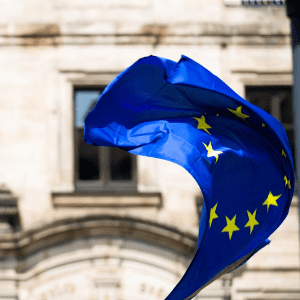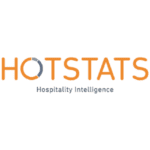The latest Long-Haul Travel Barometer (LHTB) indicates a positive shift in people’s attitudes to overseas travel in September-December 2020.
 Still, it will take a long time before confidence for travel gets back to pre-COVID-19 levels. Results of the survey show slow recovery in the travel intention of Chinese, Brazilian and Russian respondents, while Japanese and U.S. respondents are the most pessimistic about taking trips abroad.
Still, it will take a long time before confidence for travel gets back to pre-COVID-19 levels. Results of the survey show slow recovery in the travel intention of Chinese, Brazilian and Russian respondents, while Japanese and U.S. respondents are the most pessimistic about taking trips abroad.
The Long-Haul Travel Barometer is an initiative of the European Travel Commission and Eurail B.V aimed at monitoring travel sentiment in some of the most relevant outbound travel markets for Europe – Brazil, China, Japan, Russia and the United States.
Key Findings:
- The surveyed respondents in China, Brazil and Russia are optimistic about travelling long-haul in the last months of 2020, with sentiment index values for all markets above 100[1]. However, as European borders remain closed to travellers from these countries, the sentiment is negative towards Europe. This is especially evident for China, where the sentiment index for visiting European destinations falls to an all-time low at 69 index points.
- Japanese and U.S. respondents are the most pessimistic about overseas trips between September-December 2020. Consumers in these markets do not believe they will be able to visit Europe or other world regions for the remainder of the year.
- The COVID-19 related health and safety measures, constantly evolving travel restrictions and flight cancellations play a key role in people’s desire to travel. Survey results uncover that the majority of respondents in Japan (83%), U.S. (61%) and Russia (52%) are not planning to travel until the end of 2020.
- A significant share of those willing to travel to Europe in the next months has no concrete dates in mind for an actual trip. This indicates both eagerness to travel and uncertainty as to whether the situation will improve by the end of the year.
- Travel-related costs are also among the major factors preventing people from travelling in the short-medium term, which is not surprising given the current volatility of the global economy. This is especially evident for Brazilian and Russian travellers.
We have summarised the key results in a brief presentation that you can download here.
[1] Intention to travel is measured in an index that reflects the dominant sentiment expressed by a market, either a positive or negative one. The index is tied to a base of 100. Values above 100 indicate a positive evolution, whereas values below 100 indicate negative attitudes towards travel in a given time period.



















